NCERT Books for UPPCS Preparation: Complete Subject-wise List
Preparing for the Uttar Pradesh Public Service Commission (UPPCS) exam requires a strong foundation in basic concepts. While there are many advanced reference books available, NCERT textbooks remain the backbone of UPPCS preparation. Almost every topper recommends NCERTs because they are simple, authentic, and provide conceptual clarity.
In this guide, we will cover the complete list of NCERT books for UPPCS preparation, subject by subject, along with strategies on how to read and revise them effectively.
Conceptual Clarity: NCERTs explain topics in a simple and easy-to-understand language.
Authentic Content: They are published by the Government of India and are factually reliable.
Foundation Builder: They provide the base for advanced books like Laxmikanth (Polity), Spectrum (History), or Ramesh Singh (Economy).
Direct Questions: Many UPPCS prelims and mains questions are directly or indirectly framed from NCERTs.
Language Availability: Available in both Hindi and English, making them ideal for UPPCS aspirants.
History is one of the most important sections of UPPCS, both in prelims and mains. NCERTs provide a chronological and structured understanding.
Class 6 – Our Past I
Class 7 – Our Past II
Class 11 – Themes in Indian History I
Class 7 – Our Past II (Medieval portion)
Class 8 – Our Past III (Medieval portion)
Class 11 – Themes in Indian History II
Class 8 – Our Past III (Modern section)
Class 9 – India and the Contemporary World I
Class 10 – India and the Contemporary World II
Class 12 – Themes in Indian History III
Class 12 – Politics in India Since Independence (for Post-independence India)
After NCERTs, complement with Spectrum – A Brief History of Modern India.
Geography is scoring in UPPCS because of map-based and conceptual questions. NCERTs provide clarity with diagrams and maps.
Class 6 – The Earth Our Habitat
Class 7 – Our Environment
Class 8 – Resource and Development
Class 9 – Contemporary India I
Class 10 – Contemporary India II
Class 11 – Fundamentals of Physical Geography
Class 11 – India: Physical Environment
Class 12 – Fundamentals of Human Geography
Class 12 – India: People and Economy
Also practice Atlas (Oxford or Orient BlackSwan) regularly.
Polity basics are best understood through NCERTs before moving to Laxmikanth.
Class 6 – Social and Political Life I
Class 7 – Social and Political Life II
Class 8 – Social and Political Life III
Class 9 – Democratic Politics I
Class 10 – Democratic Politics II
Class 11 – Indian Constitution at Work
Class 12 – Politics in India Since Independence
Class 12 – Contemporary World Politics
After NCERTs, go for M. Laxmikanth – Indian Polity.
Economics in UPPCS is both conceptual and factual. NCERTs help in understanding the basics of Indian economy.
Class 9 – Economics (Economics Textbook)
Class 10 – Understanding Economic Development
Class 11 – Indian Economic Development
Class 12 – Introductory Macroeconomics
Class 12 – Introductory Microeconomics
Later, study Ramesh Singh – Indian Economy and Economic Survey Summary.
Science is crucial for prelims, especially for candidates from non-science background.
Class 6 to 10 – Science (all volumes)
Class 11 – Biology, Chemistry, Physics (selected chapters – Ecology, Human Body, Environment)
Class 12 – Biology (Ecology and Environment chapters are must)
For Environment, also refer to Shankar IAS Environment Book after NCERT basics.
Some NCERTs also help in GS and essay writing:
Class 11 – Sociology: Introducing Sociology
Class 12 – Indian Society
Class 12 – Social Change and Development in India
These books help in GS Paper I (Society) and Essay writing.
Class 11 – An Introduction to Indian Art Part I
Class 12 – An Introduction to Indian Art Part II
Complement with Nitin Singhania – Indian Art & Culture.
Start from Class 6: Read selectively from basics to advanced.
Highlight & Note-making: Make short notes in your own words.
Revise Frequently: Revise at least 3 times before exam.
Focus on Diagrams/Maps: Geography and Science visuals are often asked in prelims.
Link with Current Affairs: For example, read about monsoon from NCERT + link with current drought/flood news.
For Prelims: Focus on facts, definitions, and basics (ex: features of Fundamental Rights, soil types, economic definitions).
For Mains: Use NCERTs to build conceptual clarity and examples for analytical answers.
Stage 1: Read NCERTs (Class 6–12).
Stage 2: Move to advanced reference books (Spectrum, Laxmikanth, Ramesh Singh).
Stage 3: Revise NCERT + Advanced together.
Trying to mug up NCERTs without understanding.
Ignoring Class 6–10 basics.
Reading NCERTs multiple times but not making notes.
Not linking NCERT knowledge with current affairs.
First Reading: Understand and underline.
Second Reading: Make short notes.
Third Reading: Revise only notes and marked portions.
Final Revision (before exam): One-day quick glance through notes.

Lakshya IAS
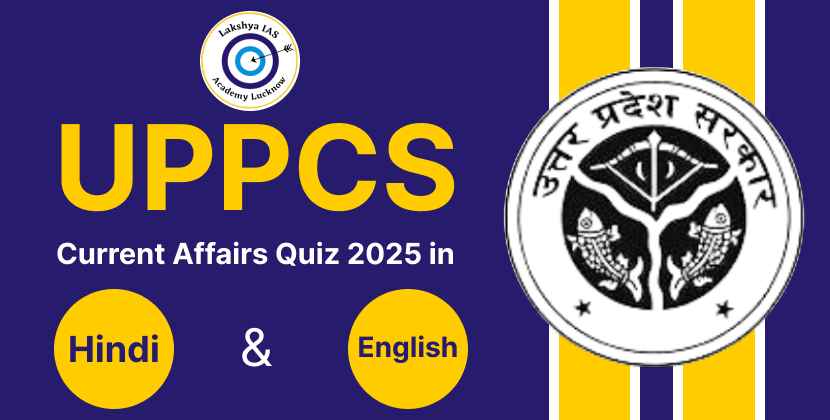
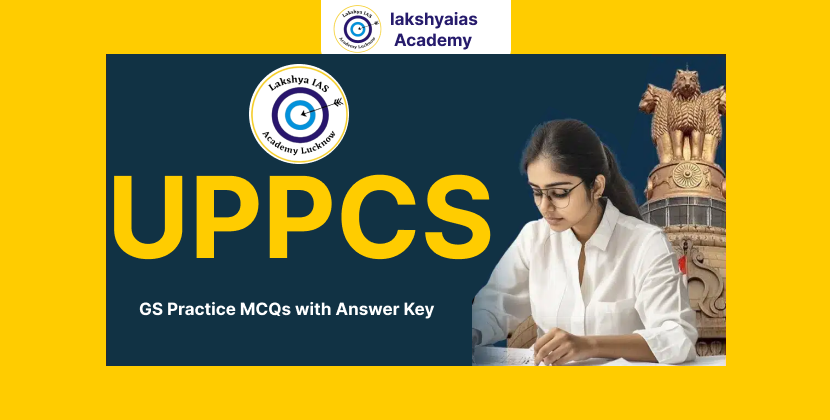
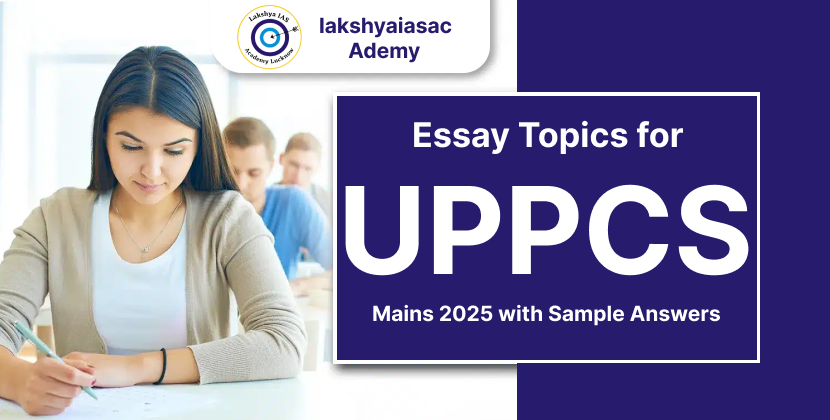
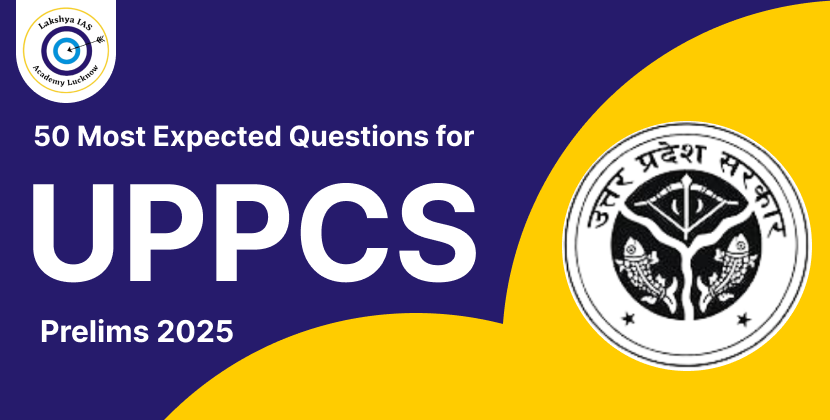
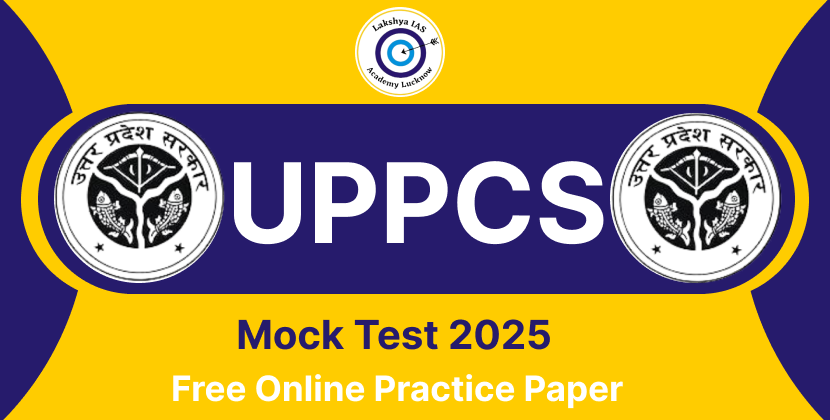
.png)
.png)
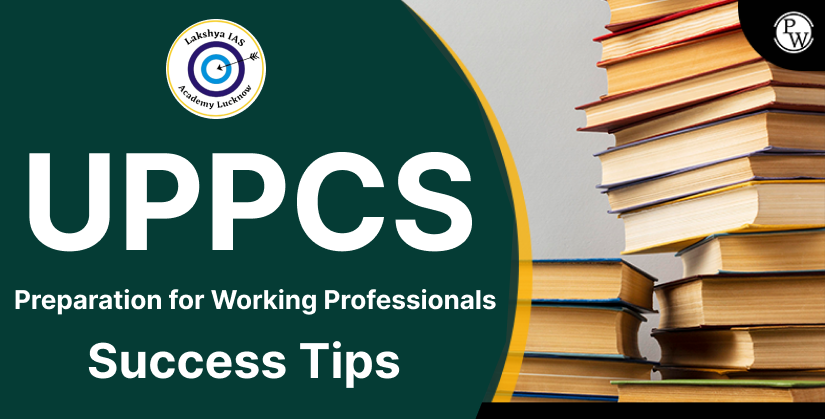
.png)
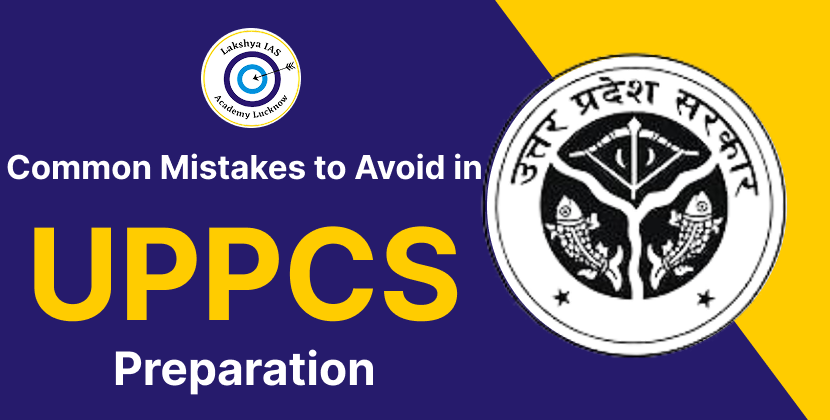
Leave a Comment